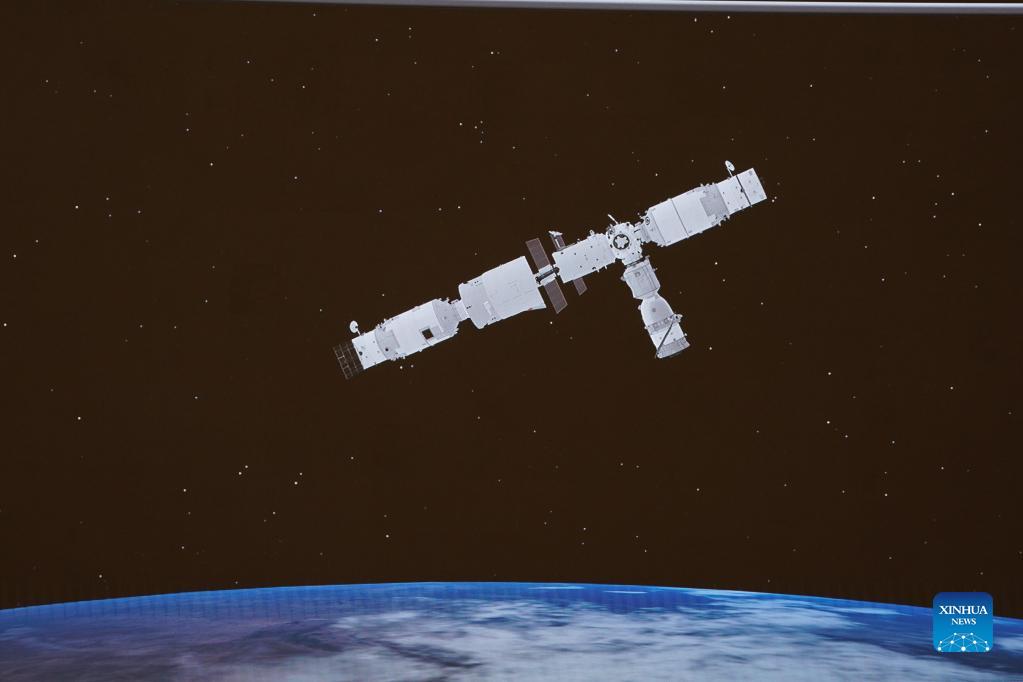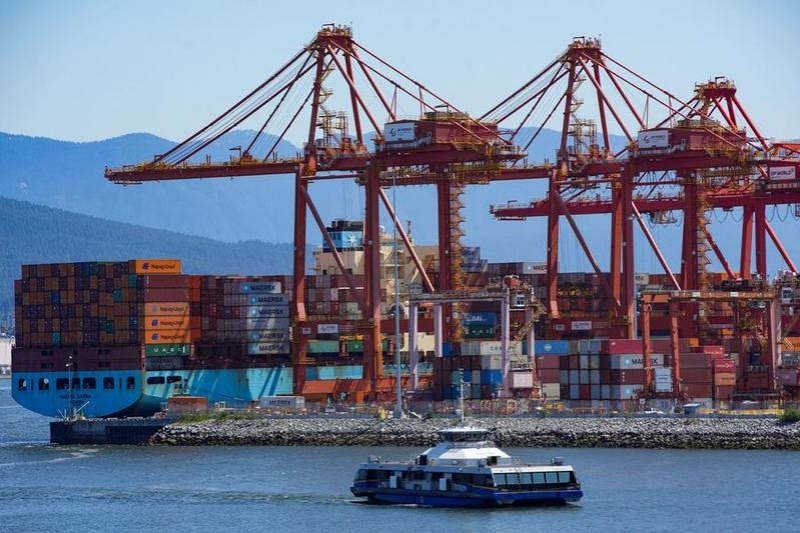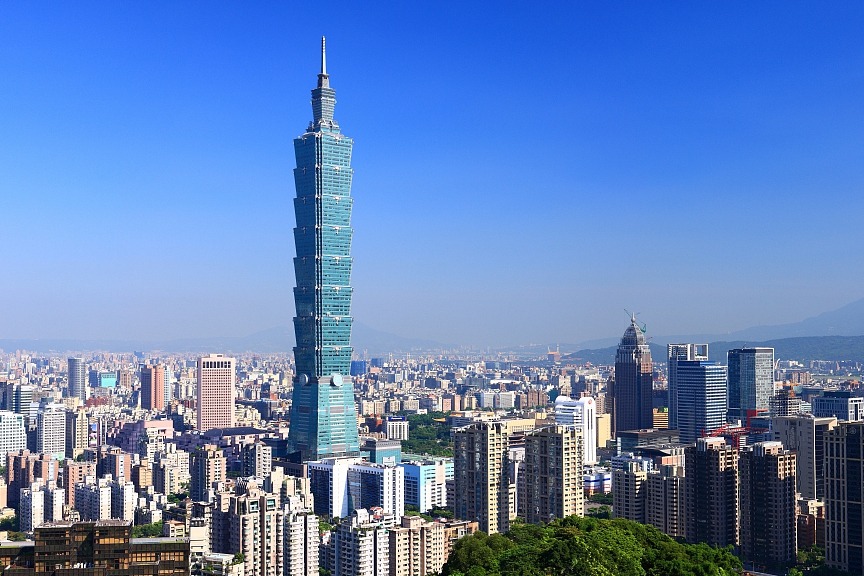Space station is well worth the cost


The three Chinese astronauts who are now on board Tianhe, the core module of Tiangong space station, will work and live there for about six months. This is the longest mission so far for Chinese astronauts.
The progress of China's manned space endeavors is evident. Eighteen years after sending its first astronaut into space, the country is building its own space station as a platform for humanity's exploration of space.
Living in space is not easy. It is very costly for a start. The International Space Station, which has been in operation for more than 20 years, has an annual maintenance cost of up to $4 billion, and the average cost for each astronaut on board is about $7.5 million per day. Are the costs worth it?
Yes, the value of the space station should not be underestimated as the microgravity conditions on the space station can help yield experimental results that are impossible to get on the Earth.
The study of various physical and chemical processes in microgravity can lead to unprecedented discoveries in basic sciences. In the microgravity environment, new substances and materials can be tested. Cells in microgravity also grow differently in space, giving humanity deeper insights into some fundamental life science processes.
The space station also provides an ideal site to observe the Earth and monitor the effects of climate change, as well as the effects of space radiation and the electromagnetic field on the human body.
The vast universe is a treasure house for humans to explore. The space station provides a foothold for the scientific exploration of space. Exploring the universe is the common dream of humanity, and exploring the unknown is the eternal driving force for the development of human civilization and scientific and technological progress.
The Chinese space station will become a testing ground for various innovative technologies, integrating high and new technological achievements in various fields, and at the same time putting forward new requirements for the development of various fields, and then promoting the improvement of the overall scientific and technological level.
Committed to promoting the peaceful use of space, and building a community of shared future for humankind, China will quickly build its learning curve on the building and operation of the space station to not only promote its own progress in science and technology but also that of humanity.


































